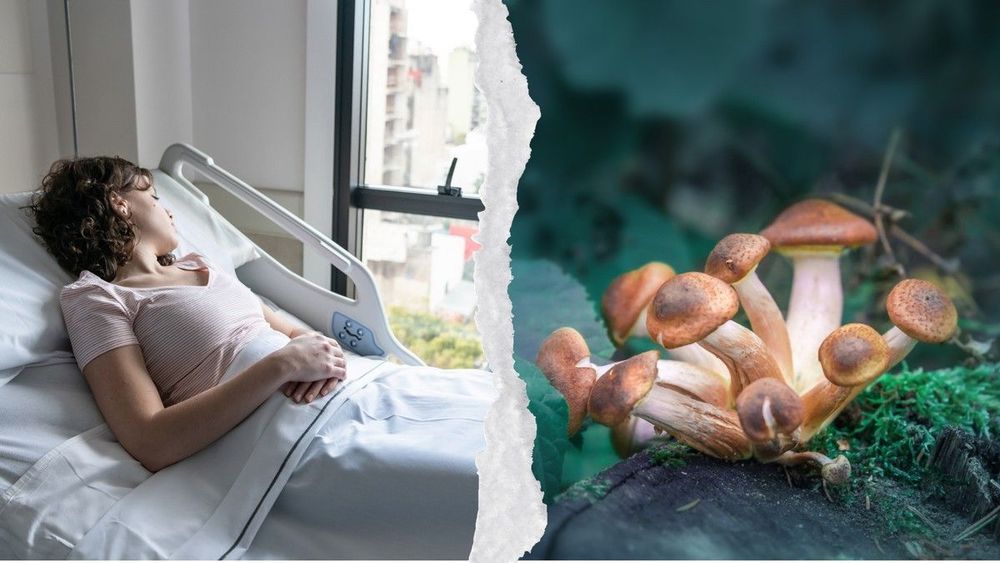Scientists have discovered that resident bacteria of the intestine, collectively known as the gut microbiome, can influence the ability to overcome fear.
New study expands understanding of the ‘gut-brain axis’. Paul Biegler reports.

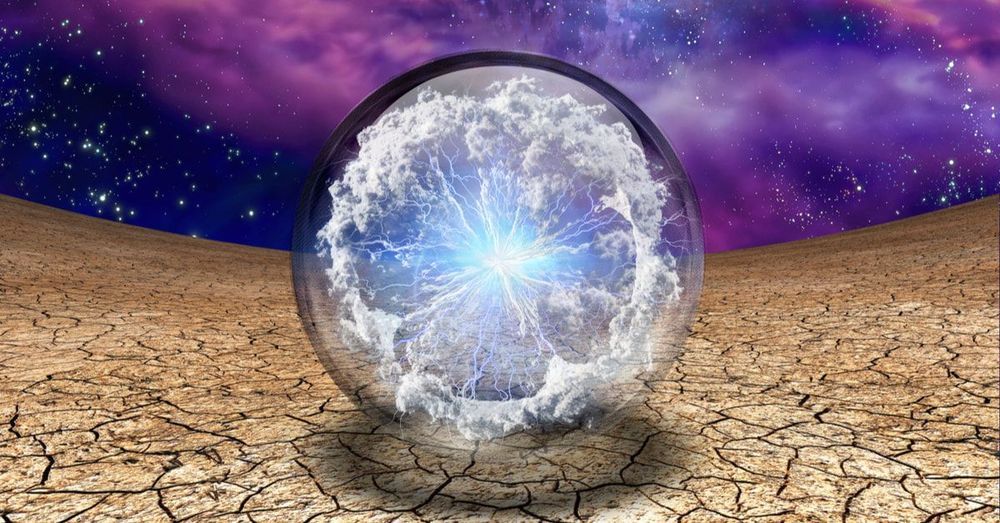
“If you are not convinced by the idea of reductive materialists that consciousness magically emerges from complexity in material structures or processes or if you are not satisfied with the viewpoint of idealists that matter is a mere thought form, then the present hypothesis may be something for you,” writes Dr. Antonin Tuynman when presenting his new book The Ouroboros Code. https://www.ecstadelic.net/top-stories/the-ouroboros-code-self-reference-is-the-name-of-the-game #OuroborosCode
In “The Ouroboros Code” I will address the cybernetic dynamics of consciousness. Starting from the premise that Consciousness is the Ontological Primitive, I will propose mechanisms which may explain how a digital mathematical and material existence can be generated. Digging into Category Theory, Computational Simulacra and Quantum Computing, I will explore the mechanics of self-sustaining self-referential feedback loops as the Modus Operandi of Consciousness.
Let’s dive in the vortex of kaleidoscopic reflections, the wormhole of a dazzling “mise-en abyme” of recursiveness and the roller-coaster of the quantum non-locality. Explore the map which is the territory simultaneously by drawing your map of maps. Discover the non-dual bridge closing the gap between Science and Spirituality.
-Antonin Tuynman, PhD
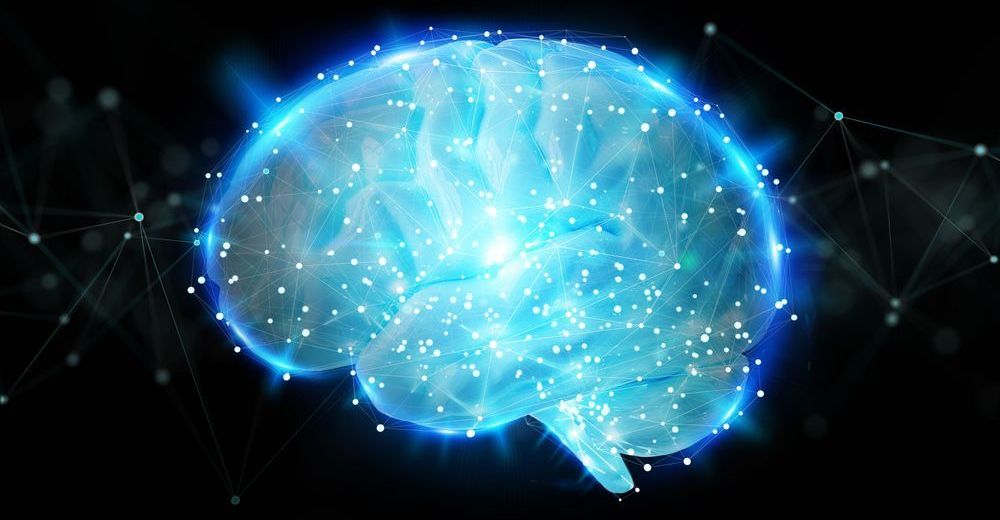
After almost two years mired in extensive peer review, a landmark new study just published in the prestigious journal Nature is strongly associating excessive neural activity with shorter lifespans. The study suggests a protein known to suppress neural excitation affects a number of longevity pathways, effectively slowing the aging process.
The impressive research started several years ago with a gene expression study of post-mortem human brain tissue from hundreds of subjects. All the subjects were cognitively normal at the time of death. Bruce Yankner, senior author on the new study, says one thing quickly stood out to his team – the longer a person lived, the lower their expression of genes connected to neural excitement.
More specifically, the researchers identified upregulation of a protein called REST in the brains of those longest-lived subjects. REST first came to the attention of the research team back in 2014. The protein’s role in the brain was generally thought to only play a part in prenatal neurodevelopment, regulating the expression of genes in a developing brain.
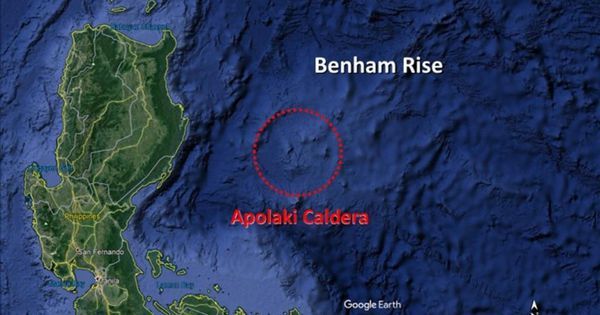
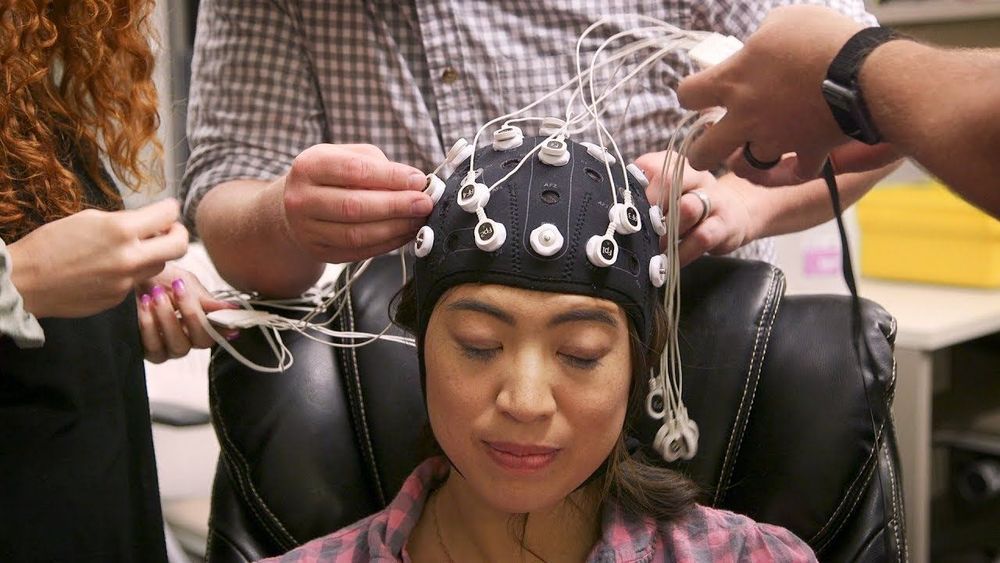
https://www.youtube.com/watch?v=6nFhv-TUJNA&feature=share
Researchers have found that giving your brain an electrical stimulation while you sleep can lead to quicker learning and improved memory. Future You’s episode 6 explores what this will mean in 2050.
—————————————————–
Follow NPR elsewhere, too:
• Twitter: https://twitter.com/npr
• Facebook: https://www.facebook.com/NPR
• Instagram: https://www.instagram.com/npr/
• Tumblr: http://npr.tumblr.com/
• Snapchat: https://www.snapchat.com/add/npr
ABOUT NPR
NPR connects to audiences on the air, on demand, online, and in person. More than 26 million radio listeners tune in to NPR stations each week and more than 36 million unique visitors access NPR.org each month making NPR one of the most trusted sources of news and insights on life and the arts. NPR is also the leading publisher of podcasts, with 36 original shows and an average of 4 million listeners per week. NPR shares compelling stories, audio and photos with millions of social media users on Facebook, Twitter, Instagram, Pinterest, YouTube and Snapchat; NPR News and NPR One apps, online streaming, podcasts, iTunes radio and connected car dashboards help meet audiences where they are. NPR’s live events bring to the stage two-way conversations between NPR hosts and the audience in collaboration with the public radio Member Station community. This robust access to public service journalism makes NPR an indispensable resource in the media landscape.
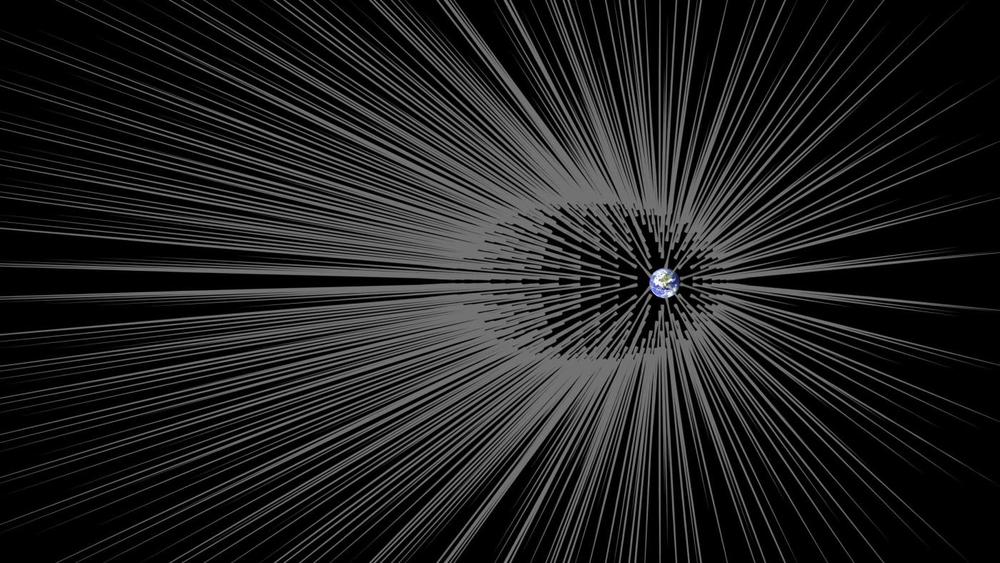
The biggest problem caused by panpsychism is known as the “combination problem”: Precisely how do small particles of consciousness collectively form more complex consciousness? Consciousness may exist in all particles, but that doesn’t answer the question of how these tiny fragments of physical consciousness come together to create the more complex experience of human consciousness.
Any theory that attempts to answer that question, would effectively determine which complex systems—from inanimate objects to plants to ants—count as conscious.
An alternative panpsychist perspective holds that, rather than individual particles holding consciousness and coming together, the universe as a whole is conscious. This, says Goff, isn’t the same as believing the universe is a unified divine being; it’s more like seeing it as a “cosmic mess.” Nevertheless, it does reflect a perspective that the world is a top-down creation, where every individual thing is derived from the universe, rather than a bottom-up version where objects are built from the smallest particles. Goff believes quantum entanglement—the finding that certain particles behave as a single unified system even when they’re separated by such immense distances there can’t be a causal signal between them—suggests the universe functions as a fundamental whole rather than a collection of discrete parts.

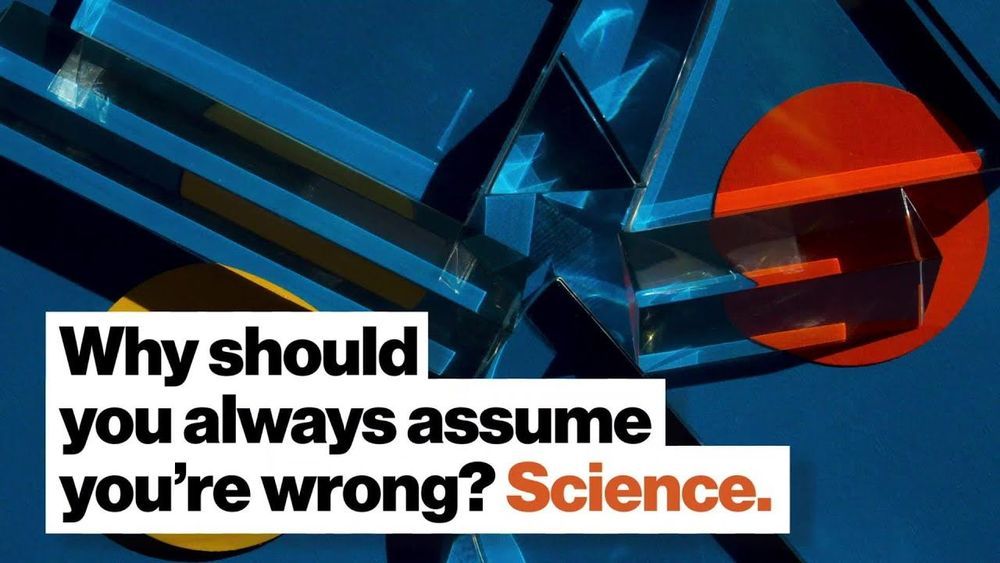
Assumptions: The Case Against Reality
When it comes to scientific theory, (or your personal life) be sure to question everything.
- The theories we build to navigate the world, both scientifically and in our personal lives, all contain assumptions. They’re a critical part of scientific theory.
- Cognitive psychologist Donald Hoffman urges us to always question those assumptions. In this way, by challenging ourselves, we come to a deeper understanding of the task at hand.
- Historically, humans have come to some of our greatest discoveries by simply questioning assumed information.
Donald Hoffman is a professor of cognitive science at the University of California, Irvine. His writing has appeared in Scientific American and Edge, and his work has been featured in the Atlantic, Wired, and Quanta. His latest book is “The Case Against Reality: Why Evolution Hid the Truth From Our Eyes” (http://bit.ly/thecaseagainstreality)
